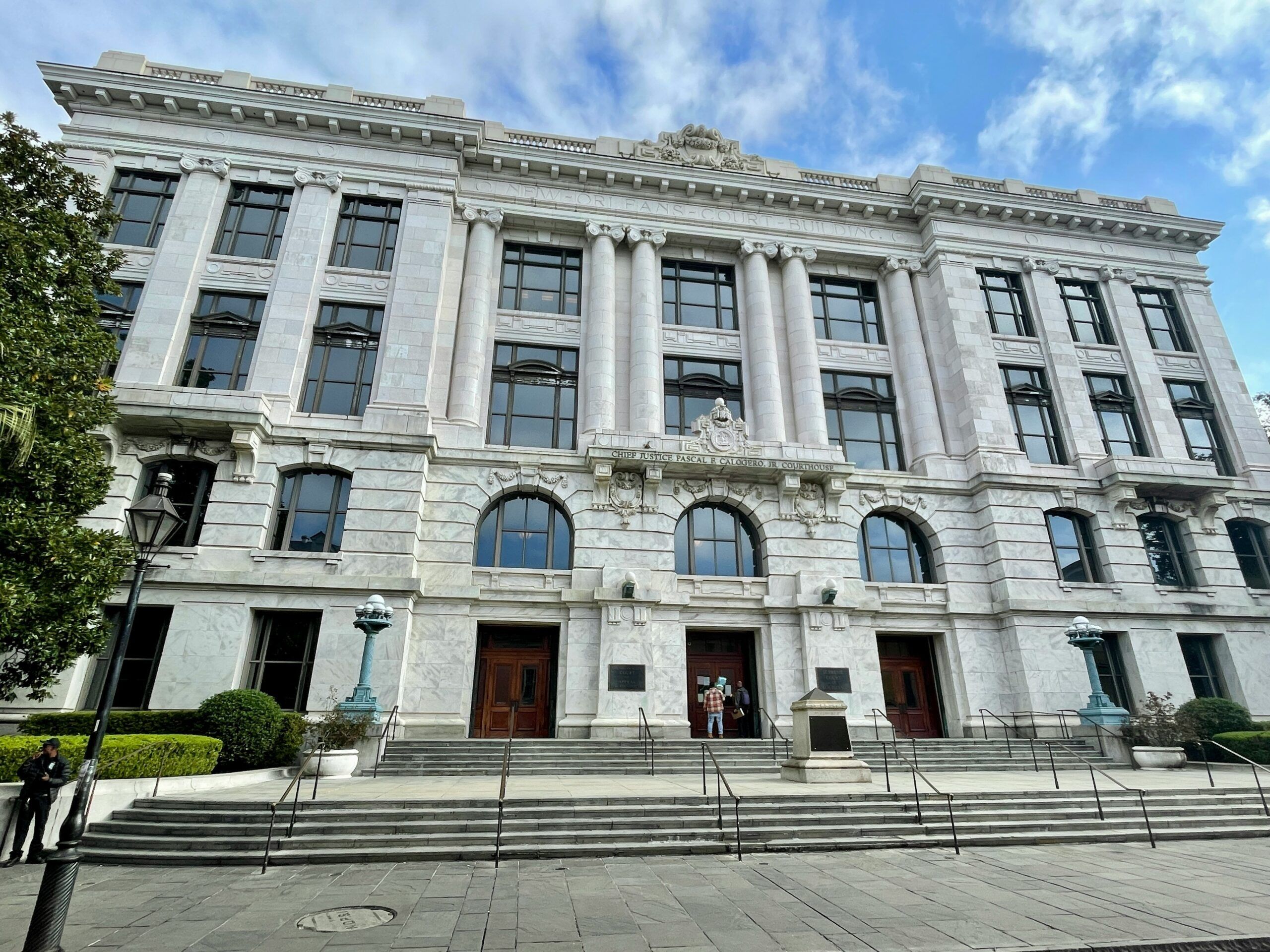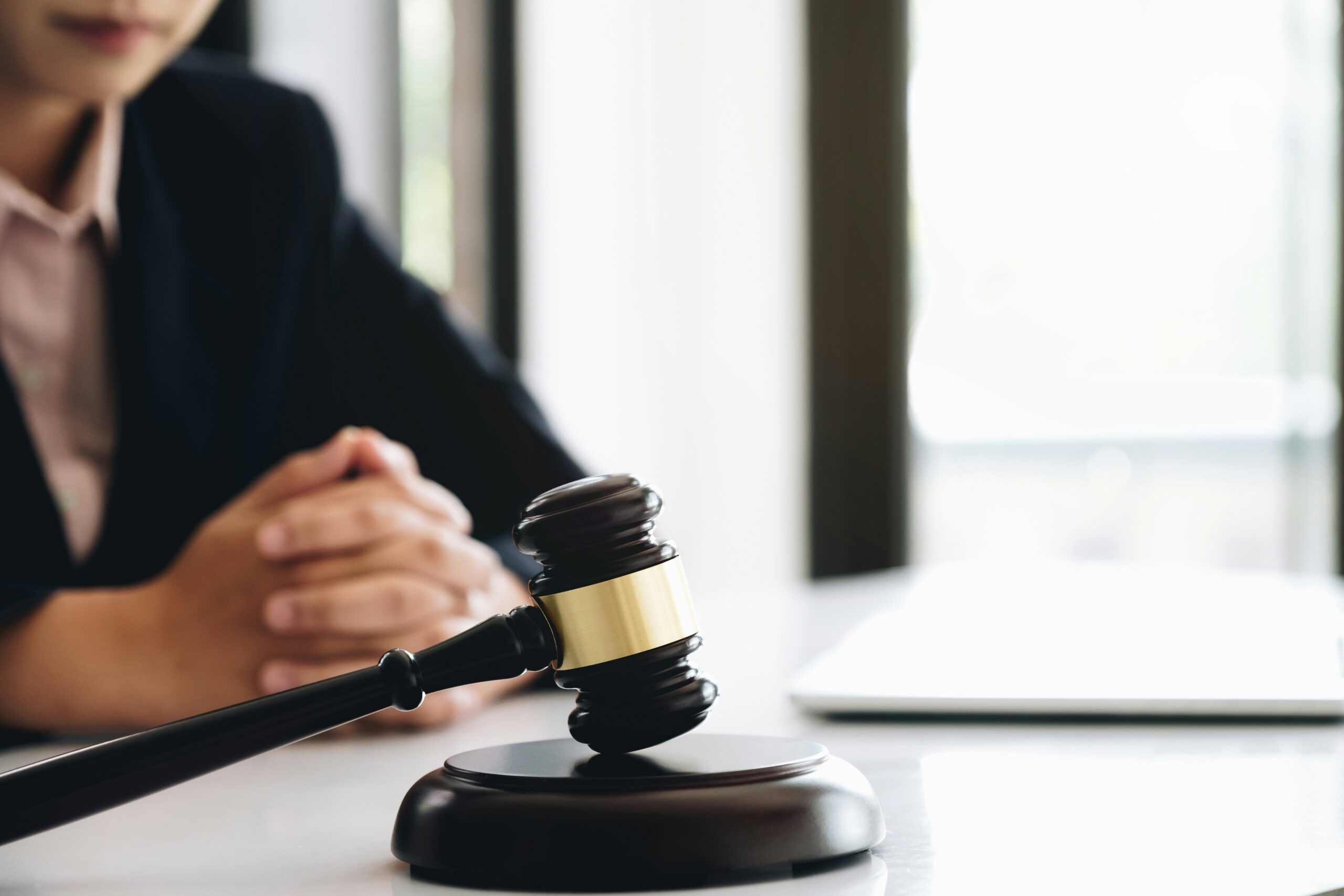Contents
- FEATURE ARTICLE: Awash in a Sea of Technology
- NEW AUTHORITY: Replying All to an Email
- ETHICS & MALPRACTICE RESEARCH TIP: New Articles from The Current Index of Legal Periodicals
- BLAST FROM THE PAST: Excerpt from The Moral, Social, and Professional Duties of Attornies and Solicitors (1848)
EDITED BY: Professor Mike Hoeflich
PUBLISHED BY: Joseph, Hollander & Craft LLC
February 28, 2023
>>READ & DOWNLOAD FULL-TEXT PDF OF LEMR Vol. 4, No. 2
FEATURE ARTICLE
Awash in a Sea of Technology
When I went to work for a Wall Street law firm in 1978, I was impressed by the technology available to lawyers and staff. Each lawyer had a multiline telephone with conference call capabilities and a portable cassette dictation machine. Secretaries had IBM correcting typewriters, and there were Wang word processors operated by specialists for document production. Lawyers entering the profession today can only see such an office in a museum. Over the past forty years, the legal profession—like the rest of the world—has undergone a technology revolution. Like all revolutions, this one has brought immense benefits as well as incredible pains to those at its center.
Throughout the history of the legal profession, technology has had immense impacts on law practice. The introduction of typewriters in the last quarter of the nineteenth century, for instance, radically changed the speed and accuracy of document production and, eventually, helped make way for women in the law office.[1] Today’s digital revolution has affected not simply document production, but every aspect of law practice from communications, to information storage, to marketing. Lawyers who are unwilling to adopt new technologies face losing their clients to others who adopt more efficient means of doing business. There are certainly many lawyers who are cautious in adopting new technologies, but market realities, cost efficiency, and the Rules of Professional Conduct now make the knowledge and use of new technologies critical. Such use also carries with it multiple dangers for lawyers, including the possibility of running afoul of the Rules of Professional Responsibility.
The basic rule that affects lawyer knowledge and use of technology is Rule 1.1. KRPC and MRPC Rule 1.1 state:
A lawyer shall provide competent representation to a client. Competent representation requires the legal knowledge, skill, thoroughness and preparation reasonably necessary for the representation.
Comment 8 to the Kansas rule states:
To maintain the requisite knowledge and skill, a lawyer should keep abreast of changes in the law and its practice, including the benefits and risks associated with relevant technology, engage in continuing study and education, and comply with all continuing legal education requirements to which the lawyer is subject.
Comment 6 to the Missouri Rule reads the same. . . .References:
- M.H. Hoeflich, “From Scriveners to Typewriters: Document Production in the Nineteenth-Century Law Office,” 16 Green Bag 2d 395 (Summer 2013), available at http://greenbag.org/v16n4/v16n4_articles_hoeflich.pdf.
NEW AUTHORITY
Replying All to an Email
On September 19, 2022, the Supreme Court of Virginia issued Legal Ethics Opinion 1897 to answer the question:
whether a lawyer who receives an email from opposing counsel, with the opposing party copied, violates Rule 4.2 if he replies all to the email, sending the response to both the sending lawyer and her client.
Rule 4.2 is identical in Virginia, Kansas, and Missouri. All state:
In representing a client, a lawyer shall not communicate about the subject of the representation with a person the lawyer knows to be represented by another lawyer in the matter, unless the lawyer has the consent of the other lawyer or is authorized to do so by law or a court order.
VRPC 4.2; KRPC 4.2; MRPC 4-4.2.
Virtually all available email programs present users the option of either replying solely to the sender of an email or to the sender and all named recipients. If the original email recipient list includes a client of the sender, then a recipient chose to “reply all” would be sending his email to a represented person without explicit consent of that person’s lawyer. While this may appear to run afoul of Rule 4.2, the fact is that very few lawyers would even think about this as a potential ethical violation. Thus, it is not at all surprising that the Virginia opinion concluded as to the question posed:
[T]he answer is no, Rule 4.2 is not violated. A lawyer who includes their client in the “to” or “cc” field of an email has given implied consent to a reply-all response by opposing counsel.
Opinion 1897.
The Virginia Supreme Court’s Opinion is based upon a pragmatic view of how our practice of law, the Rules of Professional Responsibility, the ubiquity of technology in the law office, and common sense must merge to protect lawyers from innocent and unforeseen violations of the Rules:
Ethics opinions from a number of other jurisdictions have concluded that a lawyer copying his client does not always provide consent to communication by opposing counsel. . . .
ETHICS & MALPRACTICE RESEARCH TIP
New Articles from The Current Index of Legal Periodicals
- Vanessa A. Kubota, “Subjective Feeling or Objective Standard? The Misuse of the Word ‘Repugnant’ in the Model Rules of Professional Conduct,” 35 Geo. J. Legal Ethics 259 (2022). The meaning of the word “repugnant” is critical to the proper interpretation of Rule 1.16.
- Stephen R. McAllister, “A Lucky Kansas Lawyer,” 70 U. Kan. L. Rev. 713 (2022). Steve is one of the leading appellate lawyers in Kansas. His career as teacher, lawyer, and public servant is a model.
- Anthony J. Sebok, “The Rules of Professional Responsibility and Legal Finance: A Status Update,” 57 Wake Forest L. Rev. 777 (2022). Litigation finance has become a popular source of funding for expensive cases. Professor Sebok, who is one the leading experts on this practice, provides an important update on recent ethical issues.
BLAST FROM THE PAST
Excerpt from The Moral, Social, and Professional Duties of Attornies and Solicitors (1848)
Maintain inviolate the secrets intrusted (sic) to you in your professional capacity. You must not betray them on any pretense,—on any provocation whatever. To be thought capable of doing so, could quickly end in your ruin; whether springing from mere heedlessness and volubility, or intentional breach of confidence. The ingratitude, however cruel, of a client, is, I repeat, no justification whatever of such unfaithfulness, on your part, to your sworn trust. And as to heedlessness, cultivate its opposite: cherish a humour of cautious reserve : be ever on your guard. Observe your experienced seniors, and imitate their discreet silence, whenever topics are touched upon which may, though never so remotely, affect interests intrusted to their keeping.
—Samuel Warren, The Moral, Social, and Professional Duties of Attornies and Solicitors, 238-239 (William Benning and Co., London 1848).Download a full-text PDF of the Legal Ethics & Malpractice Reporter via the button below.
>>READ & DOWNLOAD FULL-TEXT PDF OF LEMR Vol. 4, No. 2
About LEMR
The Legal Ethics & Malpractice Reporter (LEMR) is a monthly publication covering current developments in ethics and malpractice law. This popular, free publication, with close to 8,000 current subscribers, was envisioned by KU Law professor Mike Hoeflich, who serves as the publication’s editor in chief. In partnership with Professor Hoeflich, JHC’s legal ethics and malpractice group is pleased to publish this monthly online periodical to help attorneys better understand the evolving landscape of legal ethics, professional responsibility, and malpractice.
Get LEMR delivered to your inbox!
Make sure you don’t miss an issue of the Legal Ethics & Malpractice Reporter. Subscribe to our email list below to get a notification and digest of each edition as it is released.
About Joseph, Hollander & Craft LLC
Joseph, Hollander & Craft is a premier law firm representing criminal, civil and family law clients throughout Kansas and Missouri. When your business, your freedom, your property, or your career is at stake, you want the attorney standing beside you to be skilled, prepared, and relentless. From our offices in Kansas City, Lawrence, Overland Park, Topeka and Wichita, our team of 20+ attorneys has you covered. We defend against life-changing criminal prosecutions. We protect children and property in divorce cases. We pursue relief for victims of trucking collisions and those who have suffered traumatic brain injuries due to the negligence of others. We fight allegations of professional misconduct against doctors, nurses, judges, attorneys, accountants, real estate agents and others. And we represent healthcare professionals and hospitals in civil litigation.












